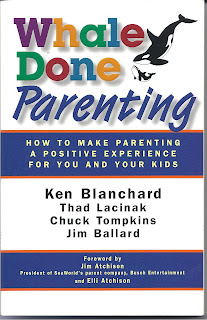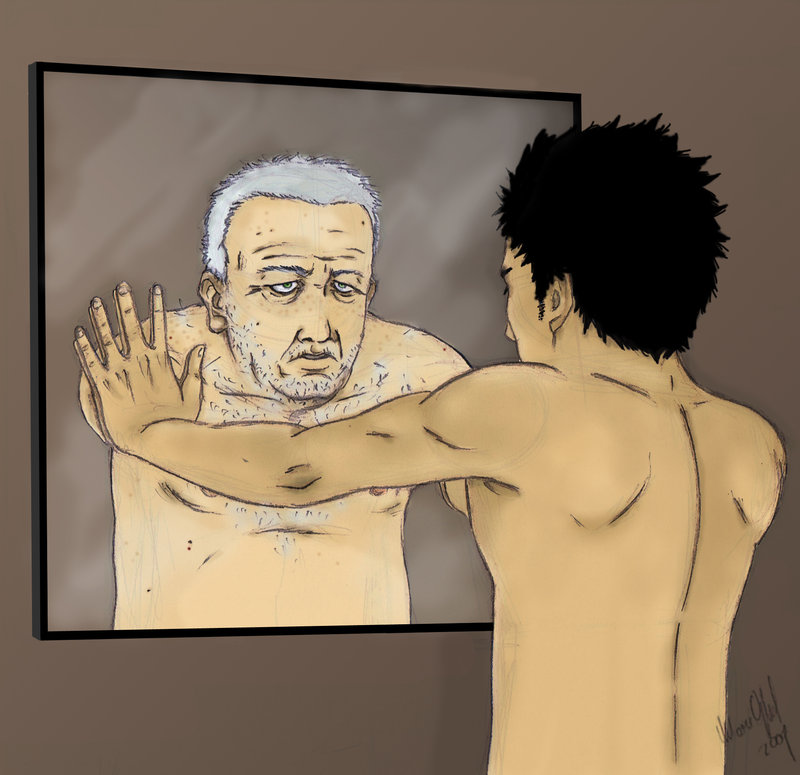Last week an experienced, devoted trainer of SeaWorld orcas was killed by the animal she loved and trained. The trainer was Dawn Bracheau. The orca is Tillicum.
I feel an obligation to comment on my recommendation. I stand by the book, I stand what I know of SeaWorld as a company, and I have be reminded of something I learned early in my education in ethical, moral, and spiritual development.
What I was reminded of was these facts: Although animals and humans share the ability to feel pain – physical and psychological – only humans can anticipate that life is followed by death and premeditation for an animal is limited to the next action – never the result of the action.
More recently I read in Happier by Harvard’s Tal Ben-Shahar:
“However, while our capacity for emotions is similar to that of other animals, we are fundamentally different. The fact that we can reflect on the cause of our emotions is one of the characteristics that distinguish us. We have the capacity to reflect on our feelings, thoughts, and actions; we have the capacity to be conscious of our consciousness and our experiences.” P. 38
In my post I wrote: What I liked the most was the use of the term “redirect”. At every key note, the authors suggest ignoring the undesirable behavior, yet they invest most of the time instructing you how to redirect your attention away from what you don’t want to happen, and focus your energy on what you do want to have happen.
In this case there was not enough time to “redirect” or “ignore”. However, I have complete faith SeaWorld will develop procedures that insure this type of accident cannot happen again.
Whether Tillicum intended to kill Dawn will forever be unknown. What is known is that Dawn was fully aware and knowledgeable of her trade. She died doing what she loved. At any age, that is a sign of a life well lived.
Thank you,
Andrea T. Goeglein, PhD
Dr. Success™
DrSuccess@ServingSuccess.com
http://www.YouTube.com/user/ServingSuccess
www.facebook.com/DrSuccessPhD




